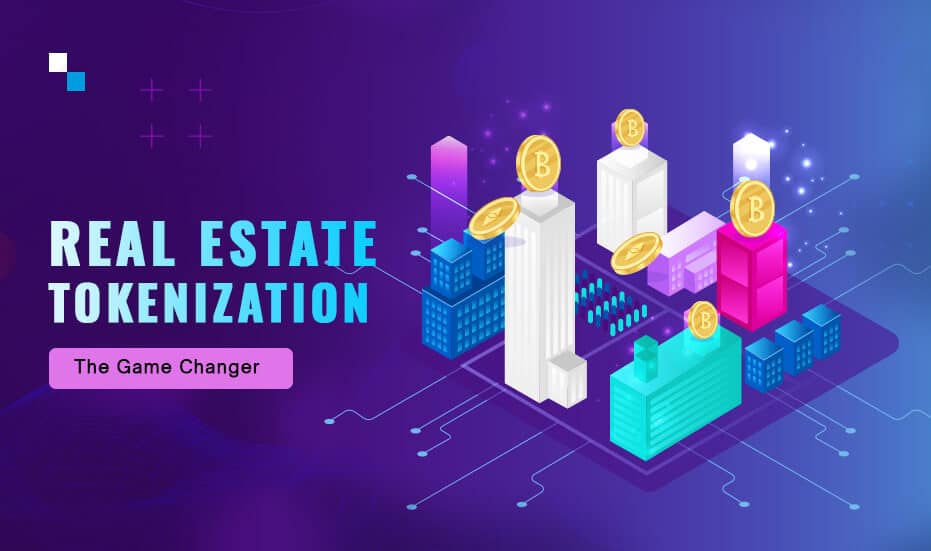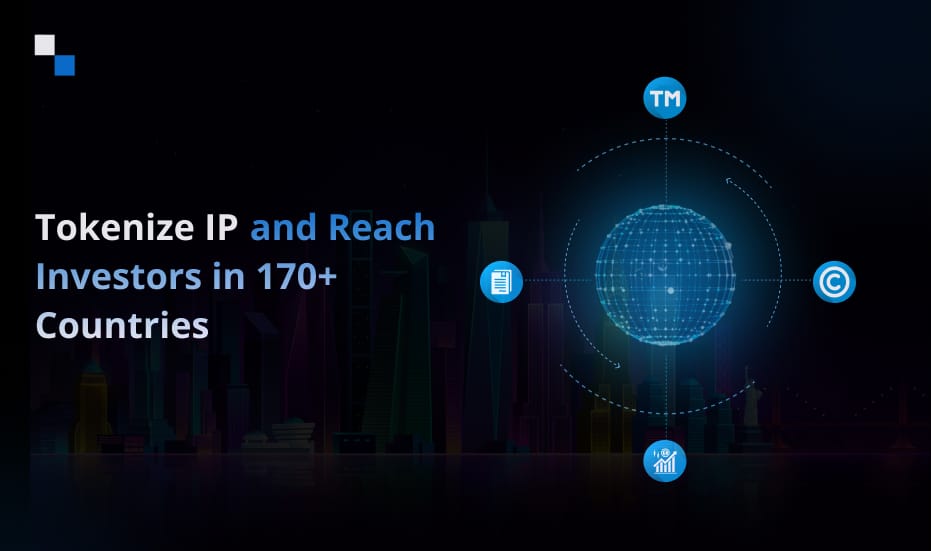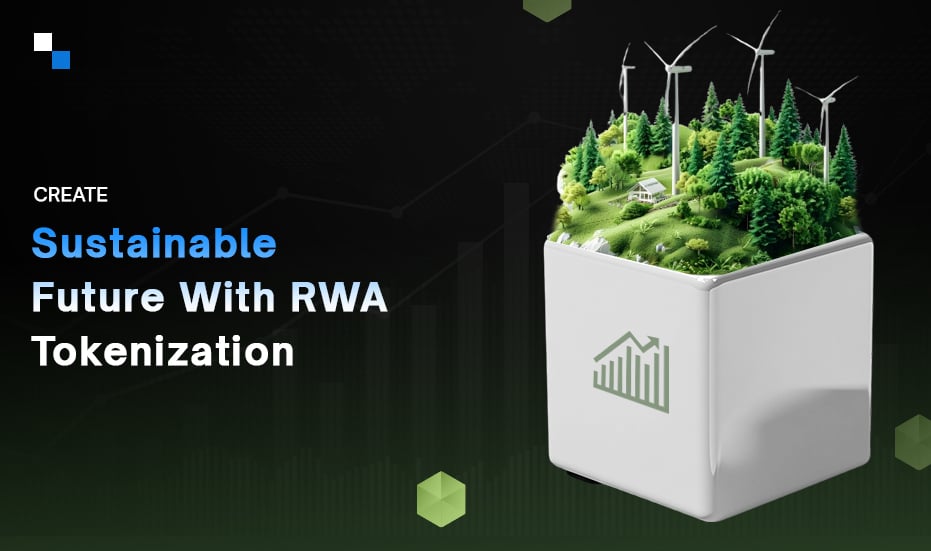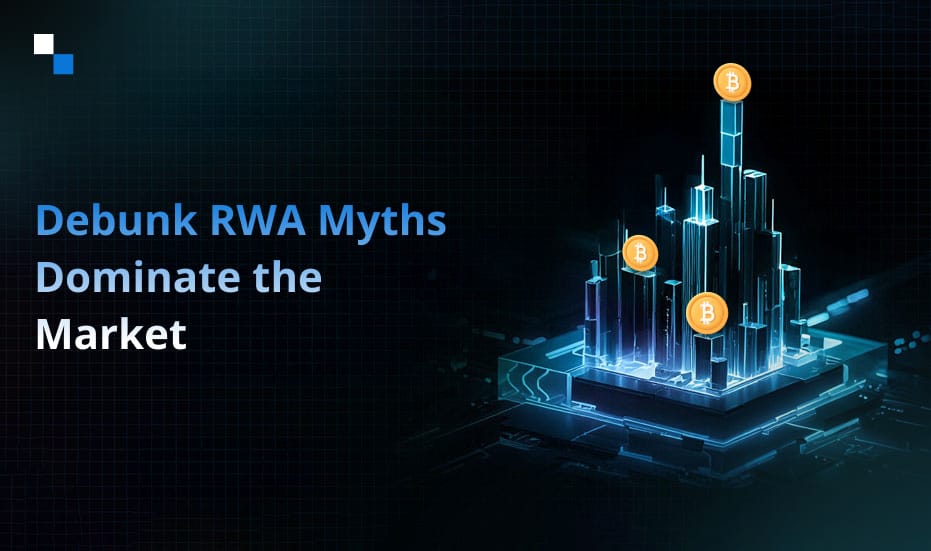
How to Prepare for a Smart Contract Security Audit? 10-Step Checklist
June 29, 2023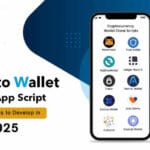
Discover the Top 10 Crypto Wallet Clone Script Development Solutions of 2025
June 30, 2023Real estate has always been considered a stable and lucrative investment. However, the traditional real estate market has faced limitations in terms of accessibility, liquidity, and fractional ownership. Enter real estate tokenization – a revolutionary concept that aims to transform the real estate industry by digitizing assets and leveraging blockchain technology. Real estate tokenization development has gained traction in a short time. In this blog, we will delve into the world of real estate tokenization and explore how it is changing the game and shaping the industry.
What is Real Estate Tokenization Development?
Real estate tokenization development involves the process of converting real estate assets into digital tokens that can be bought, sold, and traded on blockchain-based platforms. Each token represents a fraction of ownership in the underlying property, allowing investors to have a share in the asset’s value and potential income.
Benefits of Real Estate Tokenization Development
Real estate tokenization platform development offers numerous benefits. It opens the door of opportunity for all.
Let’s dive into the benefits of real estate tokenization:
Increased Liquidity
Traditionally, investing in real estate meant tying up significant capital for extended periods but real estate tokenization development has changed the game. Tokenization allows for fractional ownership, enabling investors to buy and sell smaller portions of properties, thereby increasing liquidity and unlocking access to a broader investor base.
Accessibility and Global Reach
Tokenization eliminates geographical barriers and allows investors worldwide to participate in real estate opportunities. With digital tokens, anyone with an internet connection can invest in properties from anywhere, opening doors to international investment and diversification.
Fractional Ownership and Investment Opportunities
Real estate tokenization development enables fractional ownership, meaning investors can buy small portions of high-value properties. This opens up investment opportunities for those with limited capital, providing access to premium assets that were previously out of reach.
Enhanced Transparency and Security
Blockchain technology brings transparency and security to real estate transactions. Property ownership records, rental income, and other relevant information can be stored on a distributed ledger, ensuring immutability, reducing fraud, and increasing trust among participants. It is one of the main reasons real estate tokenization platform development is gaining traction.
Streamlined Processes
Real estate tokenization Services automate various processes through smart contracts, eliminating the need for intermediaries and reducing associated costs. Smart contracts define ownership rights, streamline rent collection, and automate the distribution of income to token holders.
Potential for Increased Returns
Real estate tokenization development allows for new revenue streams, such as fractionalized rental income or revenue sharing models. Investors can benefit from regular income distributions based on the property’s performance, enhancing the overall return on investment.

Factors Influencing the Future of Real Estate Tokenization Development
Tokenization has emerged as a transformative force in the real estate industry. As the concept gains momentum, many wonder if tokenization is truly the future of real estate. There are some factors that influence the future of real estate tokenization development and are discussed below:
Regulatory Environment
The regulatory landscape plays a crucial role in shaping the future of real estate tokenization development. As governments and regulatory bodies establish clear guidelines and frameworks, investor protection and compliance will improve, facilitating wider adoption.
Market Acceptance and Trust
The acceptance and trust of tokenized real estate among investors, developers, and financial institutions will significantly impact its future. Any real estate tokenization development company will only think of venturing into the space when there is market acceptance.As awareness and understanding increase, more participants may embrace the concept, contributing to its growth.
Technological Advancements
Continuous advancements in real estate tokenization services and blockchain technology, scalability, and security will further enhance the feasibility and efficiency of real estate tokenization platform development. Integration with emerging technologies like decentralized finance (DeFi) could unlock additional functionalities and opportunities.
Market Response and Performance
The real estate market’s response to real estate tokenization development initiatives and the performance of tokenized assets will be crucial. Positive experiences, successful transactions, and attractive returns may encourage wider adoption and pave the way for the future of real estate tokenization..
Successful Real Estate Tokenization Platforms
Here are some successful real estate tokenization projects:
- Propy: Propy is a real estate platform that uses blockchain technology to make real estate transactions more efficient and transparent. In 2017, Propy tokenized a $1 million property in New York City. This was one of the first major real estate tokenization projects.
- EstateGuru: EstateGuru is a peer-to-peer lending platform for real estate investments. In 2019, EstateGuru tokenized a $10 million property in Estonia. This was the largest real estate tokenization project at the time.
- Brickblock: Brickblock is a real estate investment platform that uses blockchain technology to allow investors to fractionally own real estate assets. In 2020, Brickblock tokenized a $5 million property in London. This was the first real estate tokenization project to be regulated by the Financial Conduct Authority (FCA) in the UK.
- REToken: REToken is a real estate investment platform that uses blockchain technology to allow investors to invest in real estate assets in emerging markets. In 2021, REToken tokenized a $10 million property in Vietnam. It was the first real estate tokenization project to be regulated by the Securities and Exchange Commission (SEC) in the US.
Conclusion
Real estate tokenization platform development has the potential to revolutionize the way we invest in and interact with real estate assets. By leveraging blockchain technology, it brings increased accessibility, liquidity, and fractional ownership to the market. However, regulatory compliance and investor protection remain important considerations. As the industry continues to mature, real estate tokenization development is poised to reshape the game, offering exciting opportunities for investors and transforming the real estate landscape as we know it.
Looking for the best Real Estate Tokenization Development Company? Discuss your requirements with Antier!
